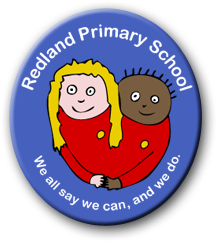These aims are intended for all children, although when and how they are implemented will vary according to their age, abilities and individual needs.
- To foster a positive attitude to literacy as an interesting and exciting part of the curriculum.
- To enable pupils to express and communicate meaning in spoken language listening to and interpreting what others say and matching style and response to audience, context and purpose.
- To provide pupils with a range of relevant and purposeful opportunities to develop their ability to read, understand and engage with various tyupes of text for enjoyment and learning.
- To enable children to write effectively, using a cursive, joined handwriting style (KS2) and showing a development and fluency; making and shaping different texts, according to context, purpose, reader and audience.
- To apply their knowledge and understanding of phonics, spelling patterns and rules, grammar and punctuation to reading and writing opportunities across the curriculum.
Reading and Phonics
At Redland Primary School we are passionate about teaching children to read. Reading helps develop children’s vocabulary, their writing and their spelling. Reading gives children access to the wider curriculum and enriches their language and experiences. It is our intention that all children leave the school as confident and competent readers.
We acknowledge that each child’s reading journey begins before they start school. In EYFS and KS1 phonics is a key focus of our teaching and children are introduced to this using our new phonics scheme Little Wandle Letters and Sounds Revised. The key objectives are:
- decoding
- prosody – reading with meaning, stress and intonation
- comprehension – understanding the text.
Reception – Writing is taught as a whole class and in groups and takes place daily for 15 to 30 minutes. Planning is based upon a rich text.
Key stage 1 and 2
Writing is taught whole class with planning based upon a rich text that, if possible, is linked to the topic. Writing will be taught across a number of genres, both fiction and non-fiction. Class teachers will try where possible to use a quality rich text to inspire learning of grammar, spelling and writing skills.
KS1 https://www.gov.uk/government/publications/teacher-assessment-frameworks-at-the-end-of-key-stage-1
KS2 https://www.gov.uk/government/publications/teacher-assessment-frameworks-at-the-end-of-key-stage 2
Early Years
https://www.gov.uk/government/publications/early-years-foundation-stage-framework–
